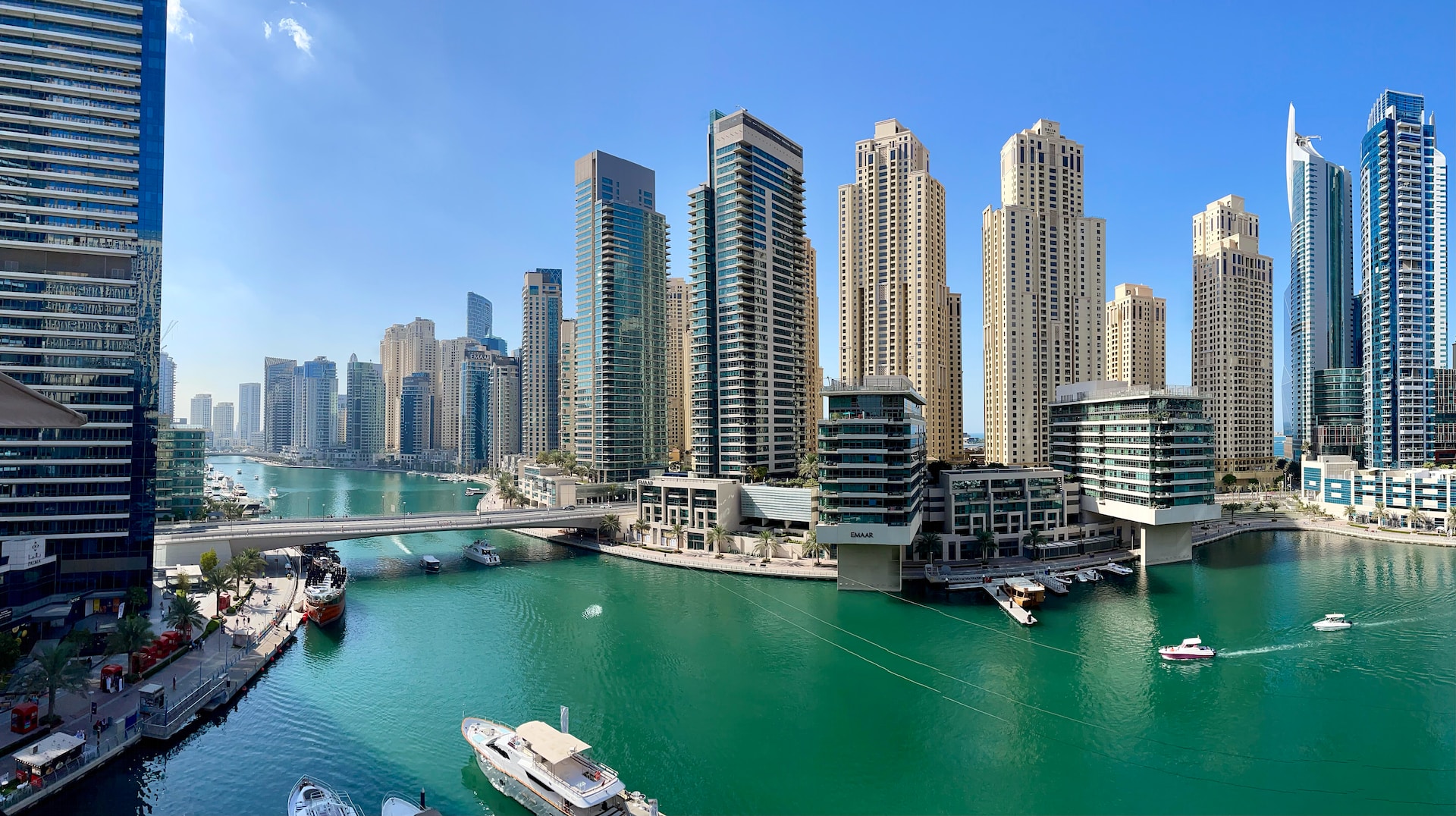
If you are planning to visit the United Arab Emirates, understanding the visa process is crucial. The UAE offers a variety of visa options to cater to different purposes of travel, whether it’s for tourism, business, or visiting family and friends. In this comprehensive guide, we will walk you through the visa process in UAE, including requirements, application procedures, and essential information to ensure a smooth and hassle-free travel experience.
Determine the Visa Type:
The first step is to determine the visa type that suits your purpose of travel. The most common visa types for tourists are the Visit Visa, Tourist Visa, and Transit Visa. Business travelers may require a Business Visa, while those visiting family or friends may need a Visit Visa. Each visa type has specific requirements and durations, so it’s important to choose the right one.
Check the Requirements:
Once you have identified the visa type, familiarize yourself with the requirements. The general requirements for a UAE visa include a valid passport with a minimum validity of six months, completed application form, passport-sized photographs, proof of travel insurance, confirmed flight bookings, hotel reservations, and financial documents showing sufficient funds to cover your stay.
Sponsorship:
Depending on the visa type, you may require a sponsor. Sponsors can be a UAE-based company, a hotel, or an individual who is a UAE resident. The sponsor will typically provide a letter of invitation and undertake responsibility for your stay in the country.
Application Process:
You can apply for a UAE visa through various channels. If you are traveling with a tour package, the tour operator may assist you with the visa application. Alternatively, you can apply directly through the UAE embassy or consulate in your home country. Online visa services are also available, allowing you to submit your application electronically.
Application Fee:
There is an application fee for UAE visas, which varies depending on the visa type and duration. The fee is non-refundable, even if your visa application is rejected. It’s important to check the latest fee structure and ensure you have the necessary funds to cover the fee.
Visa Processing Time:
The processing time for UAE visas can vary. In general, it takes around 2-10 working days for visa processing, depending on the visa type and application channel. It’s advisable to apply well in advance to allow sufficient time for processing.
Entry and Exit Requirements:
Upon arrival in the UAE, you will need to present your passport, visa, and other supporting documents at the immigration counter. The immigration officer may ask you for additional information or documentation, so it’s essential to carry all the required documents with you.
Visa Extensions:
If you wish to extend your stay in the UAE, you can apply for a visa extension before your current visa expires. The extension process involves submitting an application, paying the necessary fees, and providing valid reasons for the extension.
Visa Cancellations and Overstays:
It’s important to abide by the visa rules and regulations of the UAE. Overstaying your visa can result in fines, penalties, and potential travel restrictions in the future. If you plan to leave the country before your visa expires, ensure that your departure is within the allowed period.
Consult Official Sources:
The visa process and requirements may be subject to change. It’s always advisable to consult official sources, such as the UAE embassy or consulate, for the most up-to-date information and guidelines.
Conclusion
In conclusion, understanding the visa process in UAE is essential for a smooth and hassle-free travel experience. By familiarizing yourself with the requirements, application procedures, and essential information, you can ensure that your visa application is successful and comply with the regulations of the United Arab Emirates. Remember to plan ahead, gather all necessary documents, and consult official sources for the most accurate and updated information. Enjoy your trip to the UAE!















